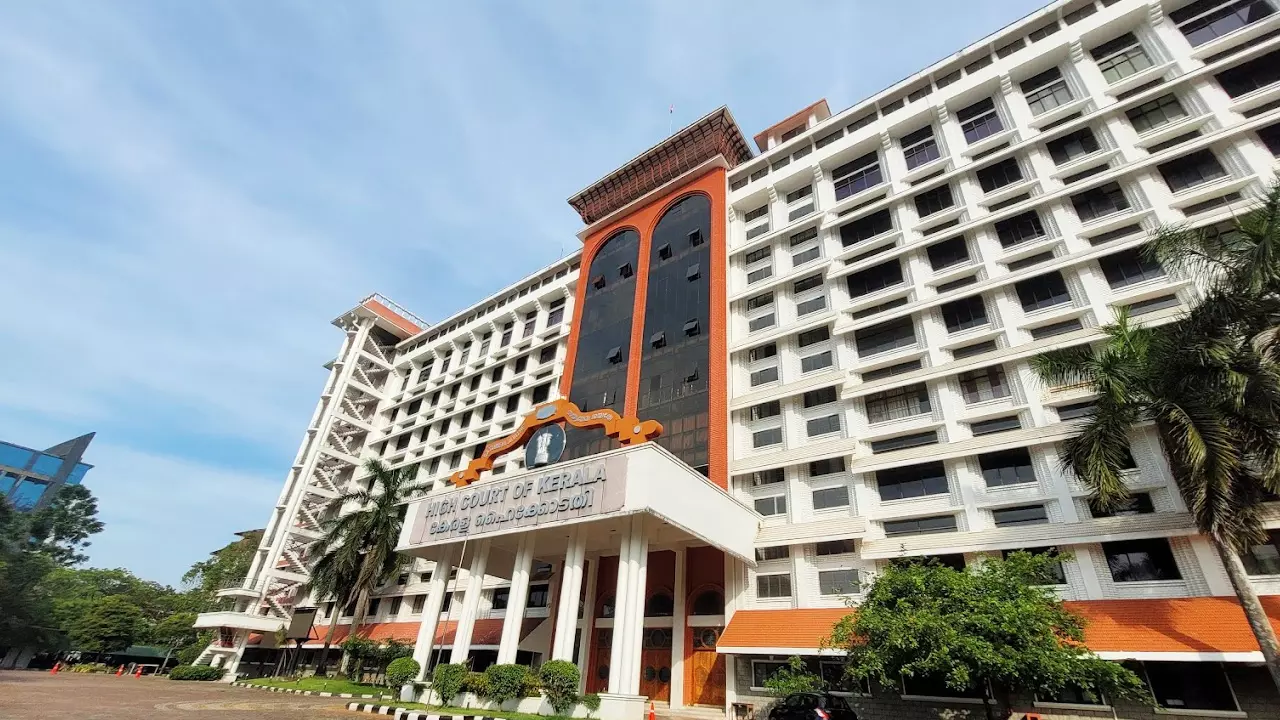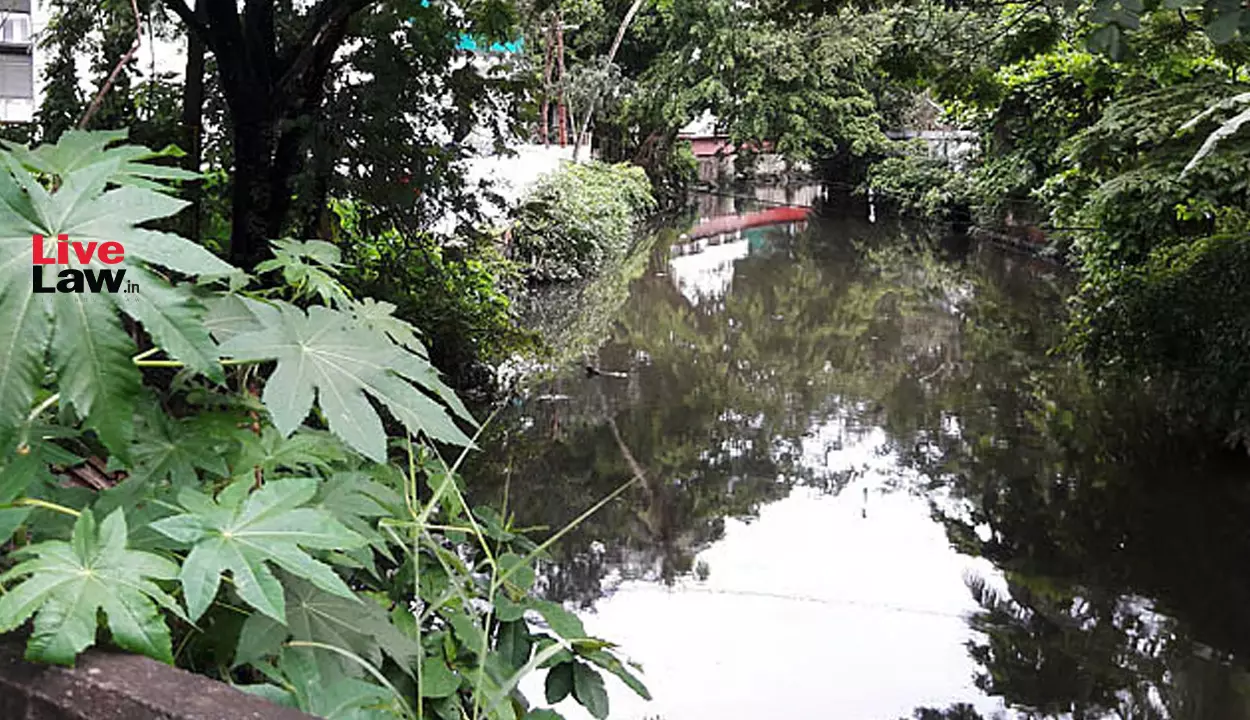Only Senior Citizen Who Transferred Property Can Maintain Application To Declare Transfer Void: Madras High Court


The Madras High Court recently held that only a person who has transferred the property with a specific condition for maintenance would be able to file an application to cancel the settlement under Section 23(1) of the Maintenance and Welfare of Parents and Senior Citizens Act, 2007.
Justice Anand Venkatesh thus quashed the order of the Sub-Collector cancelling the settlement deed executed by a father, on an application filed by the mother. The court noted that the mother could not have filed the application to cancel the settlement of the property, which was settled by the father.
“As per the scheme of the Act, it is only a senior citizen, who can submit an application and such a senior citizen must be the transferor of the property through a gift, settlement, etc. Hence, except a transferor, no other person can maintain an application under Section 23(1) of the Act before the Authority concerned. As a consequence, the application submitted by the mother of the petitioner is not maintainable and the second respondent ought not to have entertained the said application and passed orders,” the court said.
The court also emphasised that as per the Act, the condition to maintain the parents/senior citizens in return for the property must be express and not implied. The court added that love and affection could not be a consideration, but could only be a motive for settling the property.
“From the above discussions, this Court has observed that love and affection is not an aspect touching upon the consideration involved in the said settlement deed and that it is, at best, a motive for the settlor to gift/settle the subject properties. This Court has also given a finding that Section 23(1) of the Act deals with a situation where the transfer of property is accompanied by a specific condition to maintain and provide for the needs of a senior citizen. The same cannot be either implied or assumed,” the court added.
The court was hearing a petition filed by Karuppan challenging the cancellation of the sale deed executed by his father. After his father passed away, Karuppan’s mother applied for the cancellation of the sale deed under the Senior Citizens Act.
Karuppan argued that when the property was being settled in his favour, his father had not reserved any right to cancel/revoke the settlement deed in future. It was also argued that the Sub-Collector should not have acted upon the application submitted by the mother since she was not the executant of the said settlement deed.
The Additional Government Pleader submitted that if the settlee does not take care of the parents and deprives them of love and affection, it is a ground to cancel the settlement deed. It was argued that since Karuppan did not take care of his parents, the deed was liable to be cancelled. It was also submitted that an inquiry was conducted, and the order was passed after giving an opportunity.
Tracing the history of the Act, the court noted that as per Section 23 of the Act, there must be a transfer of property in the form of gift or otherwise by a senior citizen, such transfer must have been effected on the condition that the transferee provide basis amenities, the transferee thereafter refuses or fails to provide the amenities and physical needs.
The court noted that the gift under Section 23 of the Act referred to a conditional gift and the Supreme Court had construed the section to mean that there should be a specific condition to provide for the maintenance and needs of the senior citizen. The court emphasised that the condition to maintain must be explicit.
The judge thus disagreed with a view taken by a division bench of the court in which the court had held that “love and affection” was an implied condition for transfer of property. The judge noted that by taking such a view, the division bench has virtually rewritten the provision. The judge, however, refrained from referring the matter to a full bench, noting that the Supreme Court had clearly ruled for “an explicit” condition.
In the present case, the court noted that the father had not reserved any right to revoke the settlement deed in the future under any contingencies. Thus, the court noted that the authority could not have cancelled the deed on an application filed by the mother and the proceedings was unsustainable.
The court thus allowed the plea and directed the authorities to reverse the entry made in the encumbrance certificate with respect to the cancellation.
Counsel for Petitioner: Mr. V. Srimathi for Mr. Vishnu
Counsel for Respondents: Mr. G. Velu, AGP
Case Title: Karuppan v. The District Magistrate-cum-District Collector and Others
Citation: 2025 LiveLaw (Mad) 213
Case No: Writ Petition No.4540 of 2022




